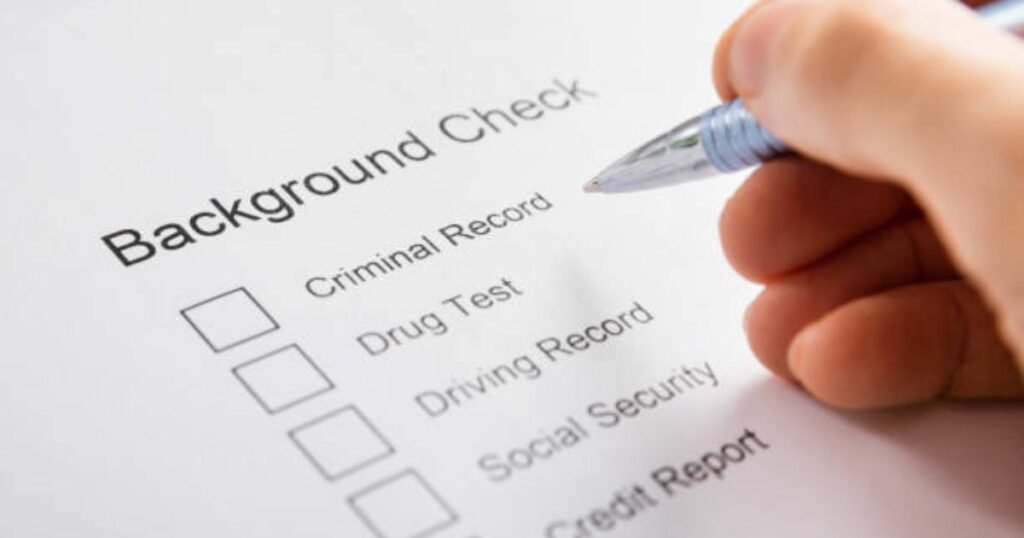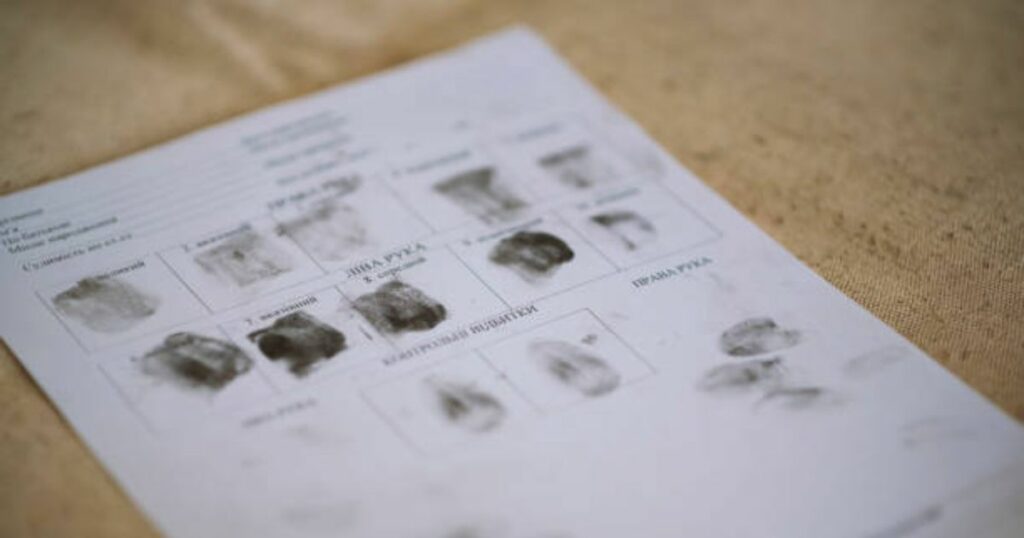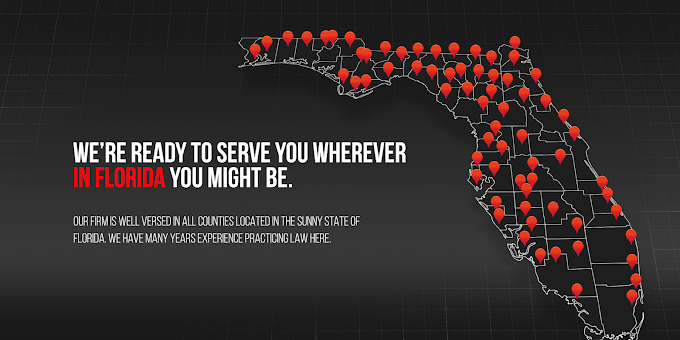







When it comes to background checks, especially those involving fingerprints and FBI checks, the question: “Will an expunged record show up on a background check?” is a common concern.
People who have undergone the process of expunging or sealing their criminal records in Florida frequently ponder whether their previous errors may resurface in the context of a background check.
This article explores the intricacies of expungement, finger printing background checks, and what you need to know to protect your privacy and prospects.
Want to remove your bad background check? See this guideline
Expunged records can, in some cases, appear on FBI background checks, especially those conducted by law enforcement or certain government entities.. While expungement is meant to remove or restrict access to criminal records, the effectiveness of the process varies by jurisdiction. Here’s why:
FBI background checks, particularly those using Live Scan fingerprinting, are comprehensive and can uncover expunged records. However, legal protections may prevent employers from considering expunged convictions during hiring.
For more updated expungement law in Florida, read this: Florida New Expungement Law in 2024!
So, do sealed records show up on fingerprinting? Sealed records may also be visible on FBI background checks, primarily through Live Scan fingerprinting. Sealing is a legal process intended to restrict access to certain criminal records, but it doesn’t always guarantee complete confidentiality.
If you’re wondering, “Will a sealed record show up on an FBI check?” the answer is that like expunged records, sealed records can become accessible in particular circumstances, such as during applications for specific employment positions or security clearances.
There are several reasons to undergo an FBI fingerprint check. These checks are commonly required for employment in law enforcement and security. Licensing in certain professions, immigration processes, adoption or foster care evaluations, reviewing one’s criminal record, and obtaining security clearances are other instances where an FBI fingerprint check may be necessary to assess an individual’s suitability or eligibility.

There are two primary types of standard background checks- Social Security Number and fingerprint-based checks.
Many employers hire third-party agencies for background checks, relying on personal data like your name, birth date, and SSN. It’s important to note that these agencies often access various resources, including court records and public and private criminal databases.
These can be conducted using either ink fingerprinting or Live Scan fingerprinting. Live Scan is the preferred choice for its accuracy and widespread use.
Live Scan captures your fingerprints electronically and submits them to government entities for a thorough background check. Unlike SSN-based checks, Live Scan checks are more comprehensive and can reveal even expunged records.
Typically, live scans cover criminal convictions within the last seven years, except for certain law enforcement roles that may require a more in-depth review, such as a Level 2 FBI check.
The latter can expose all details on your record, including expunged records. This is particularly relevant for positions involving children or the elderly. Yet, if you’re wondering, “If my record is expunged will I pass a background check?” The answer is generally yes; an expunged record is likely to pass a background check.
Employers are generally prohibited from asking about arrests that did not lead to convictions. Importantly, individuals are not obligated to disclose information about expunged records.
In California, specific labor codes, such as under the California Labor Code 437.2 (c), prevent employers from considering expunged convictions during the hiring application process.
Keep in mind that a background check is conducted only with the applicant’s written approval. Your permission is always required for an employer to initiate a background check on you.
While third-party agencies are commonly used, their reports may contain outdated or incorrect information. It’s advisable to exercise caution when choosing such agencies.
For the highest level of accuracy in your background check, consider turning directly to law enforcement agencies like the Department of Justice (DOJ) and the FBI.
The expungement process may take 5-8 months for some, while for others, it can take years. That’s why you must choose one that can expunge cases in 3-5 months, guaranteed and attested by 150+ Five Star Reviews.
If you choose our services, we will complete them in three to five months. It involves eligibility verification, filing petitions, background checks, and court resolutions. We can streamline the process and help ensure your record is cleared as efficiently as possible.
The specifics of background checks can vary by state and jurisdiction. Consult with local authorities or legal experts in Florida for precise information.
Typically, only certain law enforcement agencies and government entities can access expunged records, which are generally sealed from public view.
In most cases, you are not required to disclose expunged records to potential employers or other parties.
The time it takes for an expungement to take effect can vary, but it is generally a relatively quick process, if you choose Erase the Case. Consult with local legal experts to expunge your case now.
The scope of background checks in Florida can vary, but typically, they include criminal convictions and may go back several years, depending on the type of check and the purpose.

























